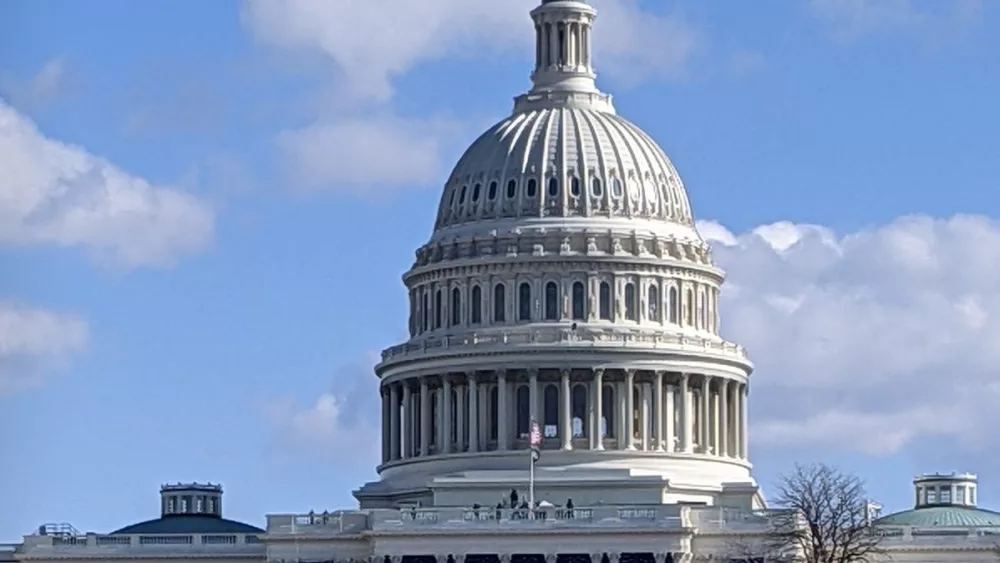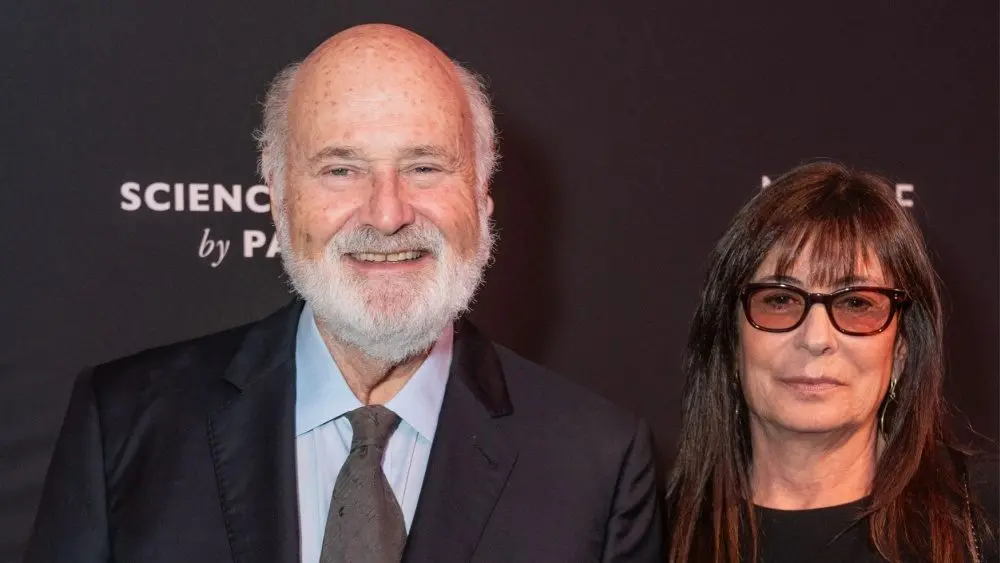America’s national parks are bracing for another record year of attendance, but overcrowding in the parks could take away some of their magic.
National parks saw more than 300 million visitors in 2022. However, Emily Wakild – the Cecil D. Andrus Endowed Professor for the Environment and Public Lands at Boise State University – asked what the priorities should be when parks are seeing funding decreasing year after year.
“How to use the funds that do exist to address the backlog of maintenance that hasn’t been kept up,” said Wakild, “but also to plan for new technologies so things like electric bikes or recreational motorhomes that are now twice the size of regular homes?”
Wakild said this also challenges gateway communities that surround parks – some of which became popular so-called “zoomtowns” during the pandemic, as people moved to places where they could be near outdoor recreation while working remotely.
Wakild said one option to help with overcrowding is to stagger attendance at popular sites. Bogus Basin Mountain Recreation Area outside of Boise has done this successfully.
Wakild said the area uses pricing structures to spread crowds out, and as a result, the parking lot only filled up once last ski season.
“They were able to pull people up to the mountain at different times and really kind of maximize the user experience,” said Wakild, “and that was a creative strategy for mitigating some of the crowding and some of the conflict that might come with it.”
Wakild said people also should consider public places besides the well-known national parks.
“There’s so much more that public lands have to offer,” said Wakild, “and those opportunities will often provide people with a more satisfying experience, even if it doesn’t have the brand name.”




